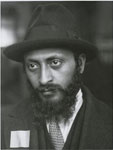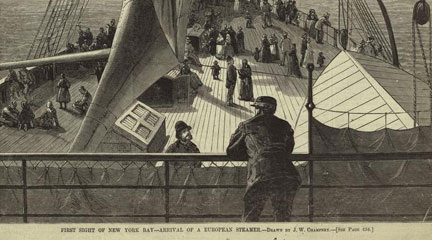Educators in a Jewish Setting: Holocaust and Human Behavior Online Seminar
Teaching the Holocaust in the Context of Jewish History, Ethics, and Identity is a course that offers participants the opportunity to explore the connection between Jewish history and identity and the moral questions inherent in everyday life. Daily sessions will explore the Holocaust as a lesson not only in racism and antisemitism but also in courage, caring and compassion. Participants will learn multidisciplinary pedagogical approaches for teaching a course on the Holocaust that is grounded in a study of Jewish ethics and values. In our seminars Facing History examines the Holocaust in a variety of disciplines including history, literature, and the arts. FH also integrates traditional and modern Jewish texts into its signature scope and sequence. Using Facing History’s principal resource book, Holocaust and Human Behavior, and The Jews of Poland, as well as video, primary sources, and presentations by survivors and leading scholars of the Holocaust, participants will experience a rigorous encounter with this powerful history. Participants will gain a deeper understanding of the rich and vibrant culture created by the Jews of Eastern Europe before the war, the dilemmas of ghetto life, the scope of Jewish resistance and the way history shapes Jewish identity today. Following this Seminar, participants receive complete access to Facing History's Educator Resources, including downloadable unit plans, lessons, and online conversations. In addition, participants are invited to borrow videos, dvds, and books from Facing History's lending library. Finally, each participant is assigned a Facing History Program Associate, who is available to provide ongoing support services.

